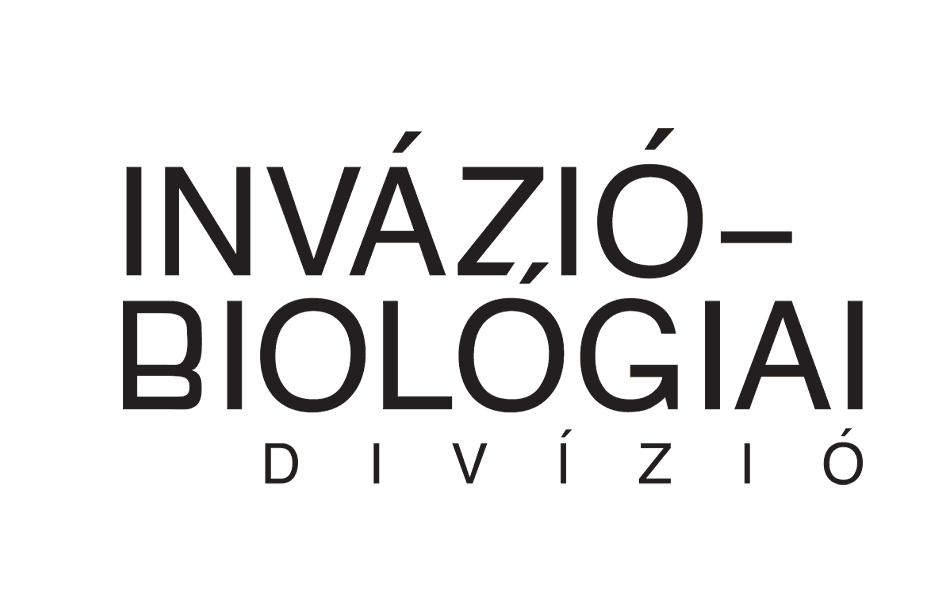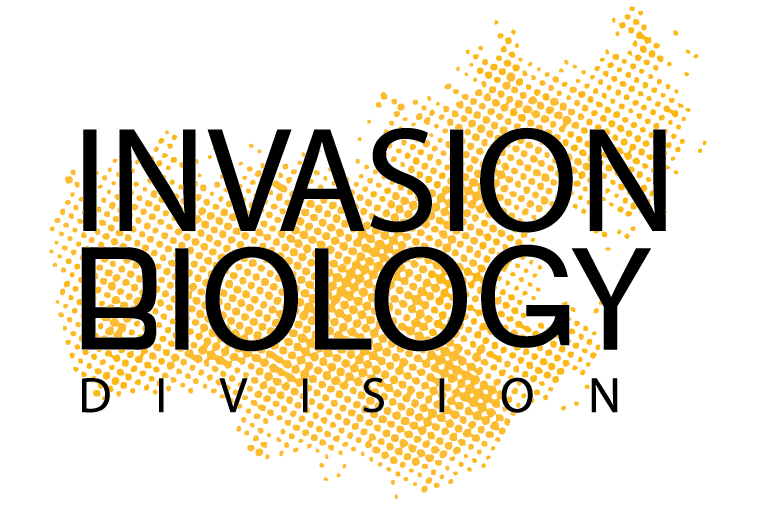Urbanisation can contribute significantly to the spread of invasive mosquito species and the diseases they spread. Urbanised habitats provide access to large food sources (humans and domestic animals) and offer abundant breeding sites for mosquitoes. Although human-formed landscapes are often associated with the presence of invasive mosquito species, there still remains a lack of knowledge about the relationship between each species and the built environment. In the present study, the relationship between the extent of urbanisation and the presence of invasive mosquito species was investigated, with a focus on the distribution of the Asian tiger mosquito, the Japanese bush mosquito and the Korean mosquito. Data were collected using citizen science, within the framework of the mosquito monitor.hu, which collected invasive mosquito occurrence data between 2019 and 2022 with the contribution of the general public.
The research found that the relationship between each species and urbanized landscapes was found to be different. The presence of the Asian tiger mosquito showed a statistically significant and positive relationship with urbanization, while the presence of the other two invasive mosquito species showed no relationship with urbanization.
The results highlight the importance of citizen science in scientific research, as data collected using this approach can be used to better understand the drivers of invasion and the ecological needs of invasive species.
Publications:
Garamszegi, László Zsolt; Soltész, Zoltán; Kurucz, Kornélia; Szentiványi, Tamara: Using community science data to assess the association between urbanization and the presence of invasive Aedes species in Hungary Parasites & Vectors, 2023



